Summary: Manufacturing high-quality M Sand (manufactured sand) involves several critical steps to ensure that the final product meets industry standards and performs well in construction applications.
Manufacturing high-quality M Sand (manufactured sand) involves several critical steps to ensure that the final product meets industry standards and performs well in construction applications. Here are some top tips for producing high-quality M Sand:
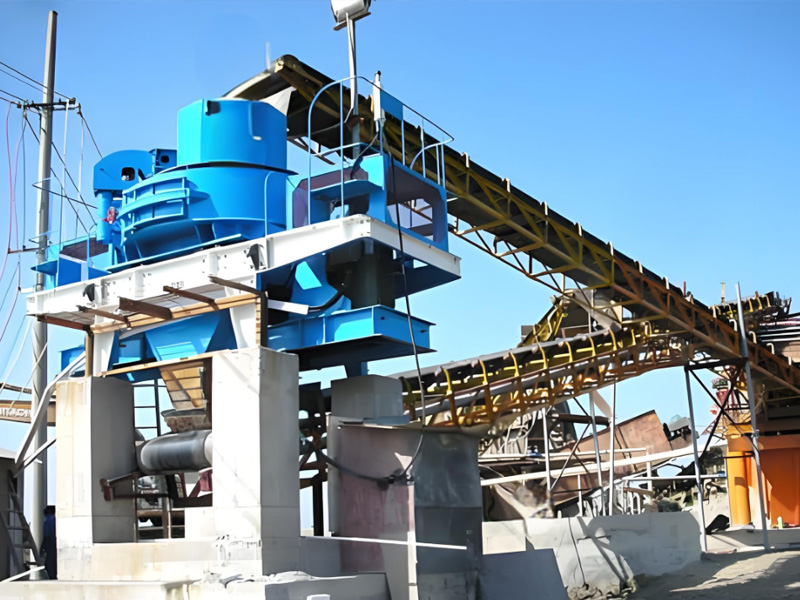
1. Raw Material Selection
- Use Quality Stone: Choose high-grade granite or basalt stone that is free from impurities and contaminants.
- Size of Feed Material: Ensure that the feed material is of suitable size (generally between 10-20 mm) to facilitate effective crushing.
2. Crushing Process
- Select the Right Crusher: Use vertical shaft impactors (VSIs) or cone crushers that can produce a well-graded, cubical-shaped product.
- Controlled Crushing: Adjust the crusher settings to ensure the output size is consistent and meets specifications.
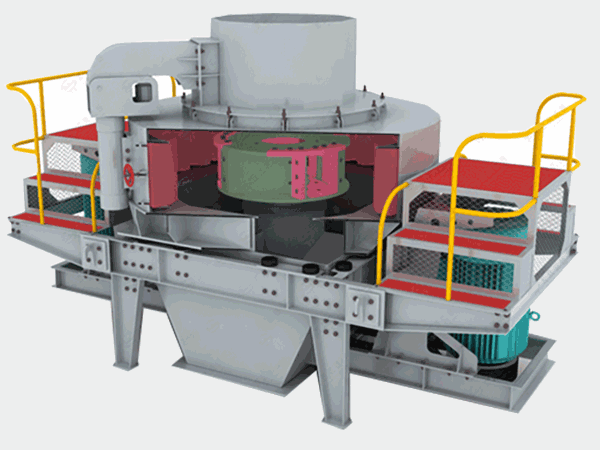
3. Screening
- Proper Screening: Implement a screening process to separate the desired sand fractions from the fines and larger aggregates.
- Multiple Screens: Utilize multiple screens to achieve the desired grading, ensuring that the sand is within specified limits for different applications.
4. Washing and Grading
- Effective Washing: Wash the sand to remove impurities such as clay, silt, and dust, which can affect its performance in concrete.
- Gradation Control: Ensure that the final product has a well-graded distribution to optimize workability and strength.
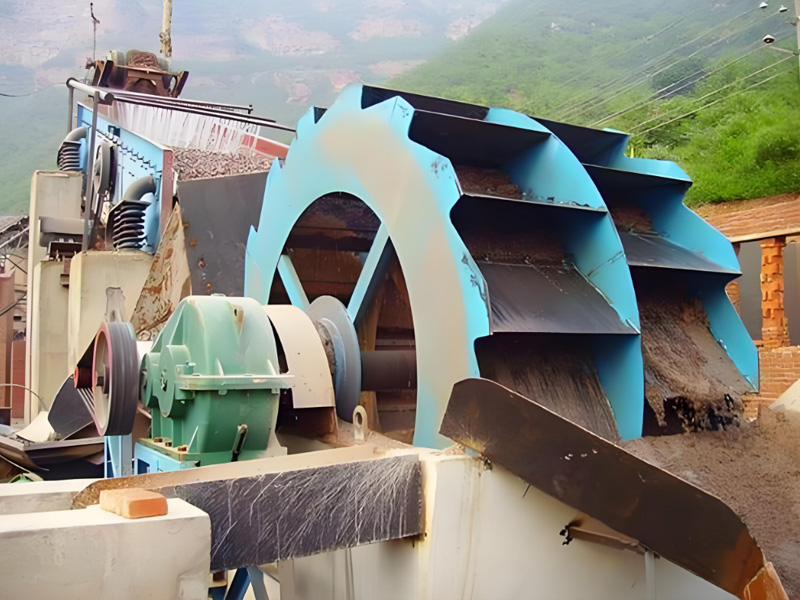
5. Moisture Control
- Maintain Moisture Levels: Monitor and control moisture content to prevent issues during mixing with cement and aggregates.
- Drying if Necessary: If excess moisture is present, consider drying methods to achieve the desired moisture content.
6. Quality Testing
- Regular Testing: Perform regular quality tests (e.g., particle size distribution, shape analysis, and cleanliness) to ensure compliance with relevant standards (e.g., IS 383).
- Use of Lab Equipment: Invest in laboratory equipment for accurate testing and quality assurance.
7. Technology and Automation
- Invest in Technology: Utilize advanced machinery and automation to enhance precision and reduce human error in the production process.
- Monitoring Systems: Implement monitoring systems to track production metrics and quality parameters in real-time.
8. Sustainability Practices
- Recycle Materials: Consider using recycled aggregates where feasible to promote sustainability.
- Energy Efficiency: Optimize energy use in the manufacturing process to minimize environmental impact.
9. Documentation and Compliance
- Maintain Records: Keep detailed records of production processes, quality checks, and compliance with standards.
- Certifications: Aim for relevant certifications (e.g., ISO) to enhance credibility in the market.
10. Customer Feedback
- Gather Feedback: Regularly seek feedback from customers and adjust production practices based on their experiences and needs.
- Continuous Improvement: Strive for continuous improvement in processes based on industry advancements and customer requirements.
By following these tips, you can enhance the quality of M Sand production, leading to better performance in construction projects and increased customer satisfaction.

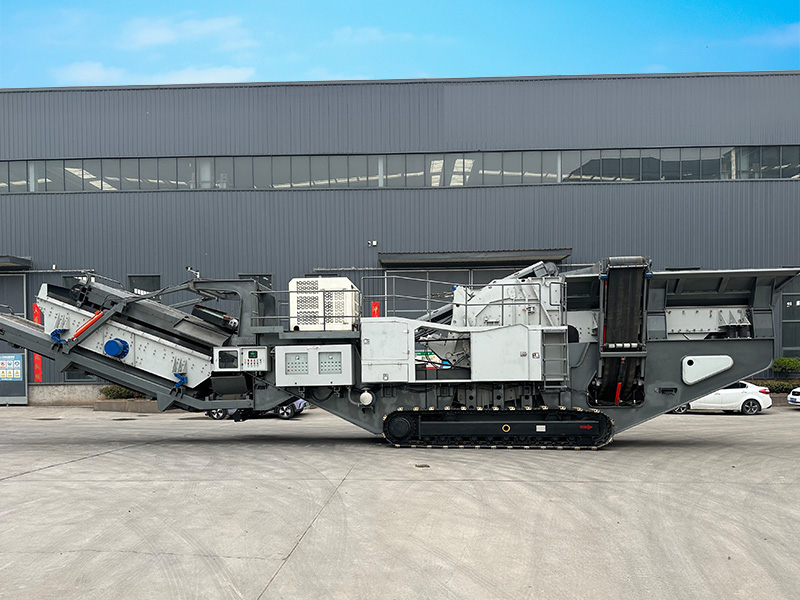
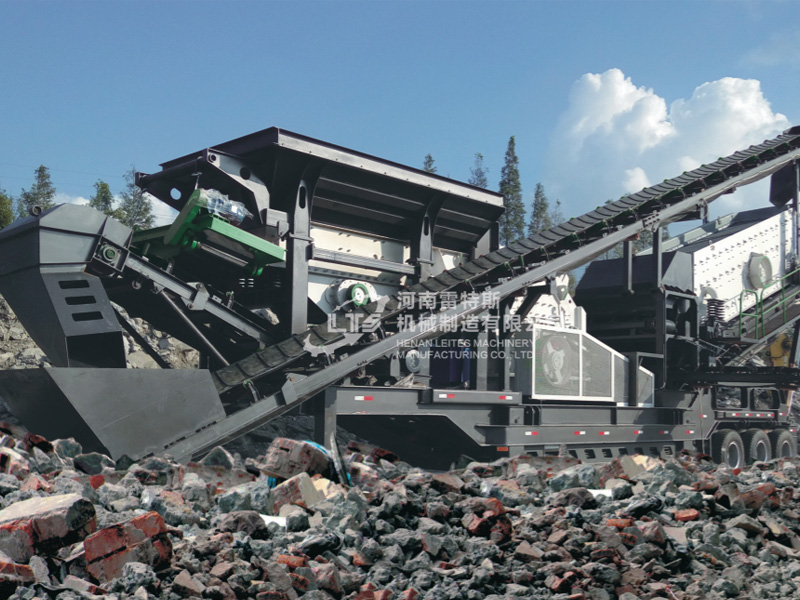
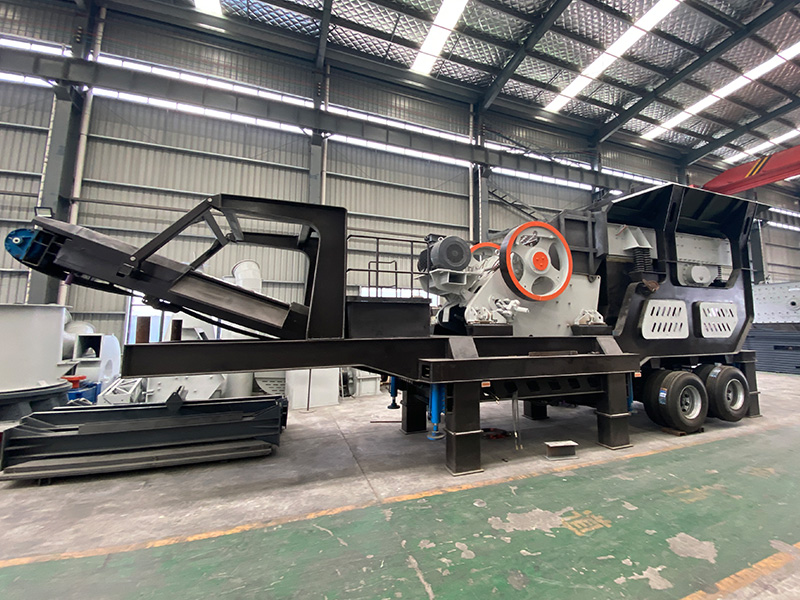
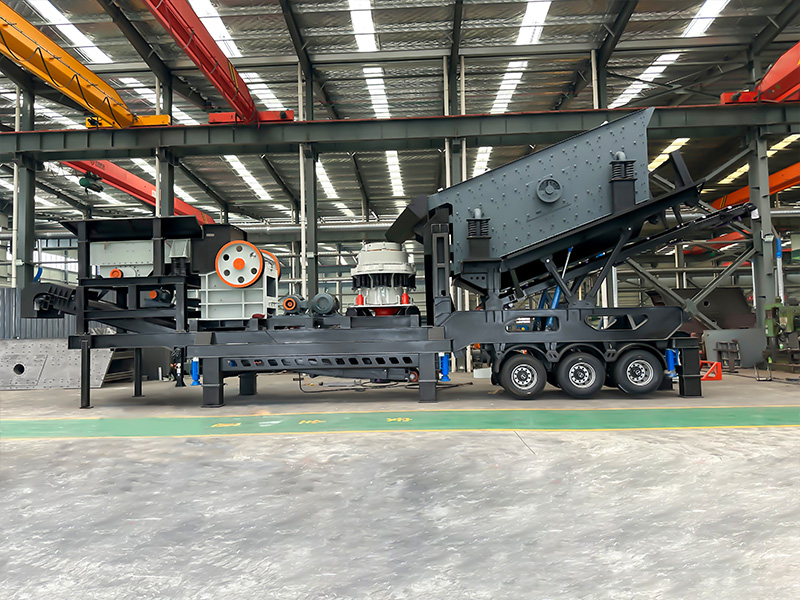
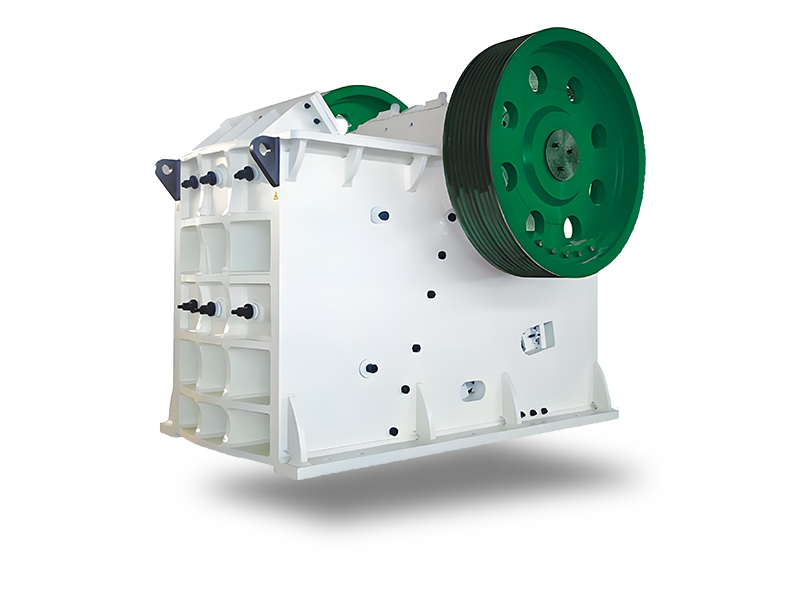
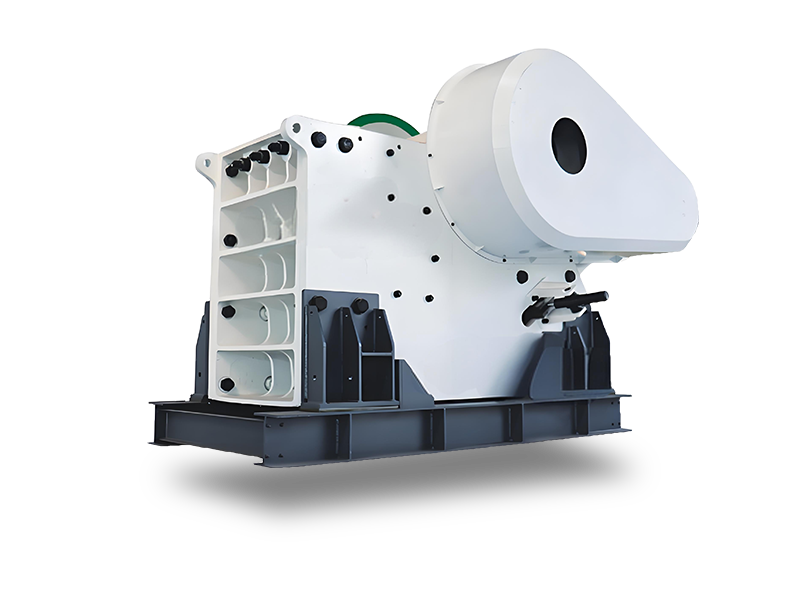
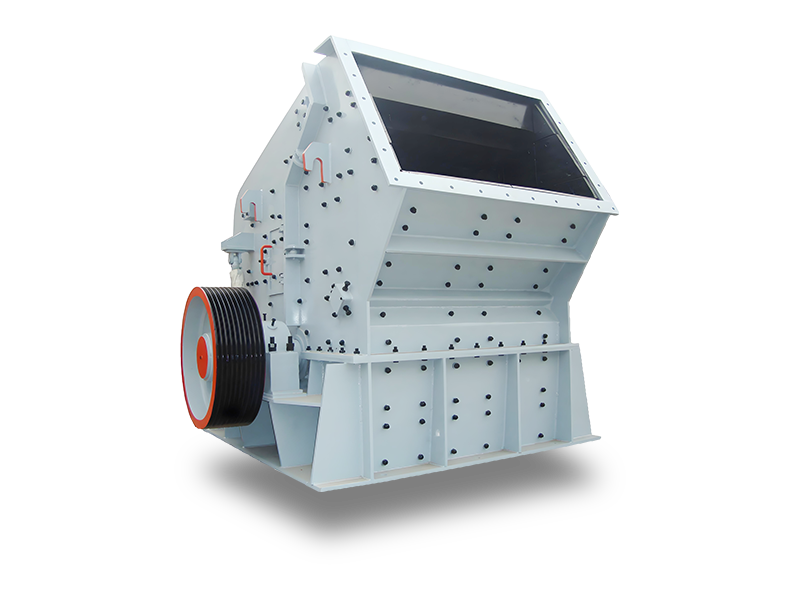
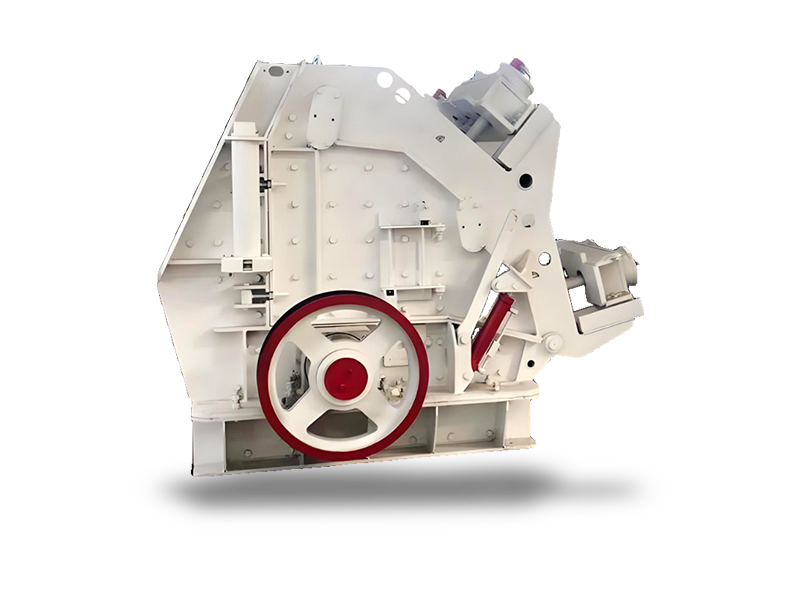
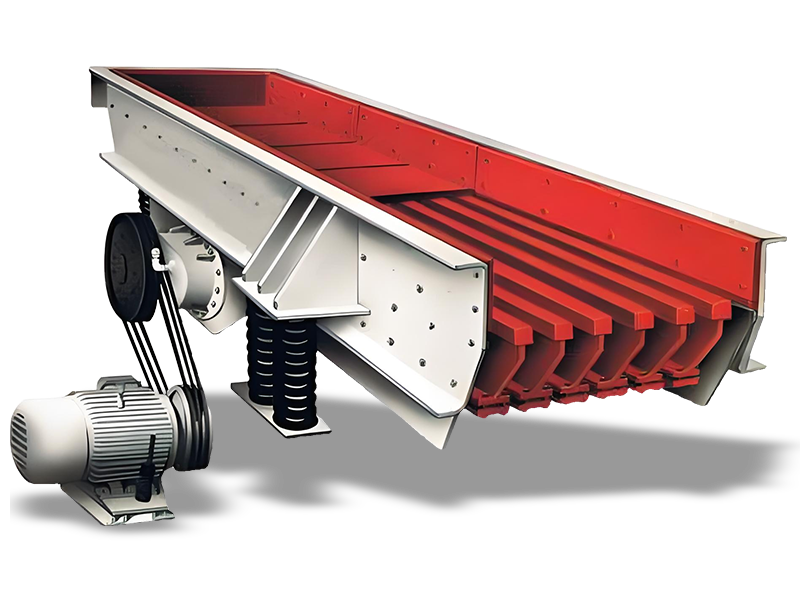
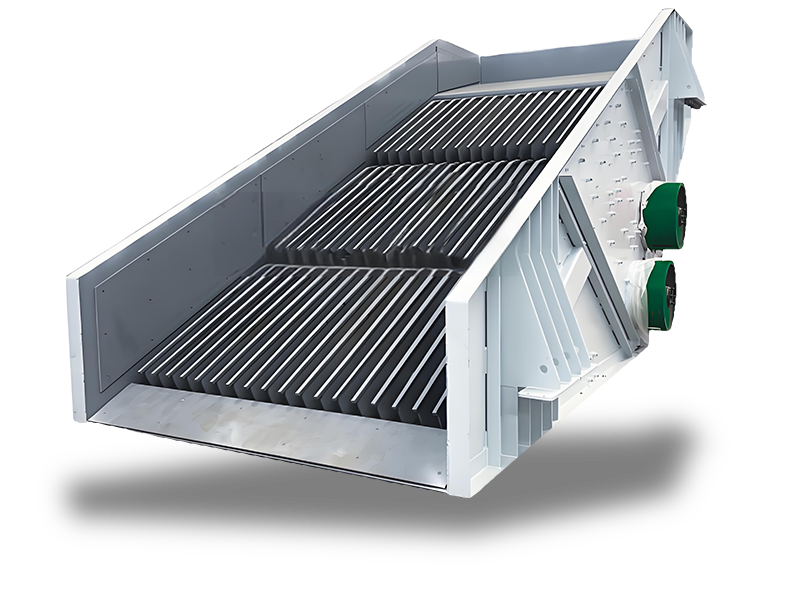
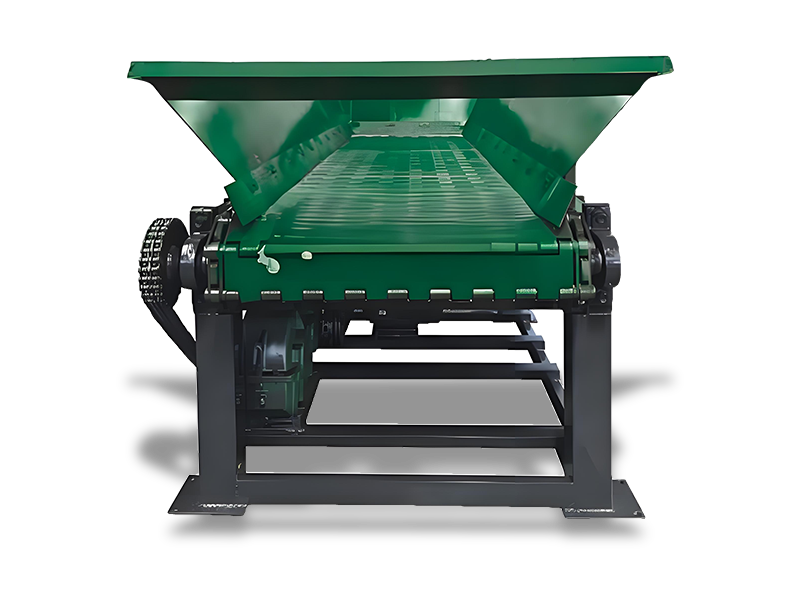
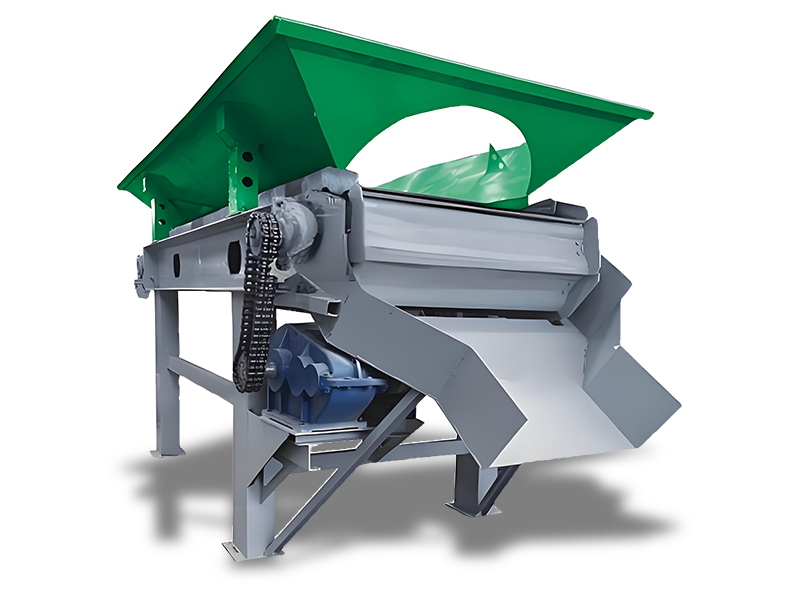
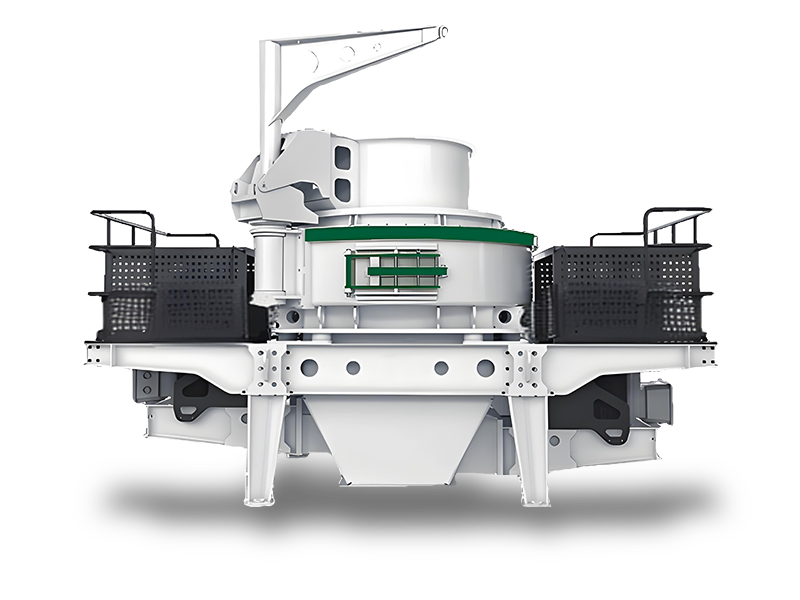
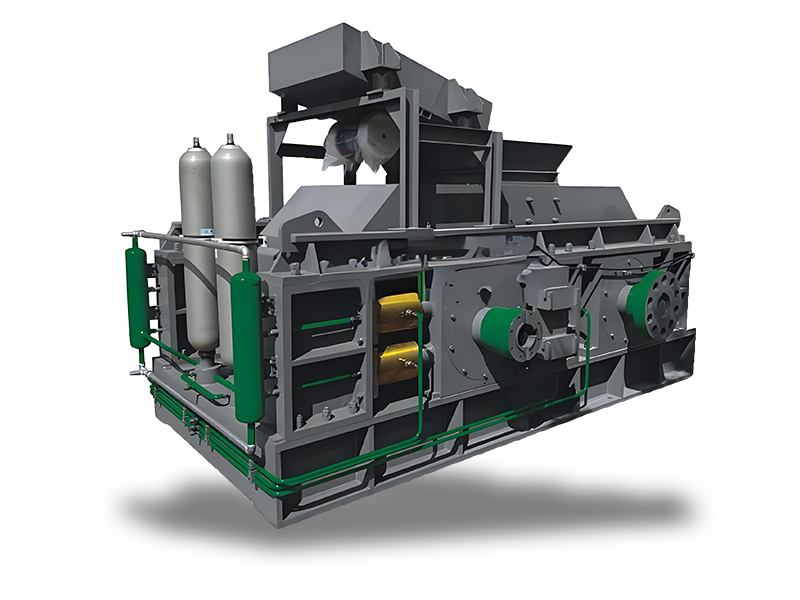
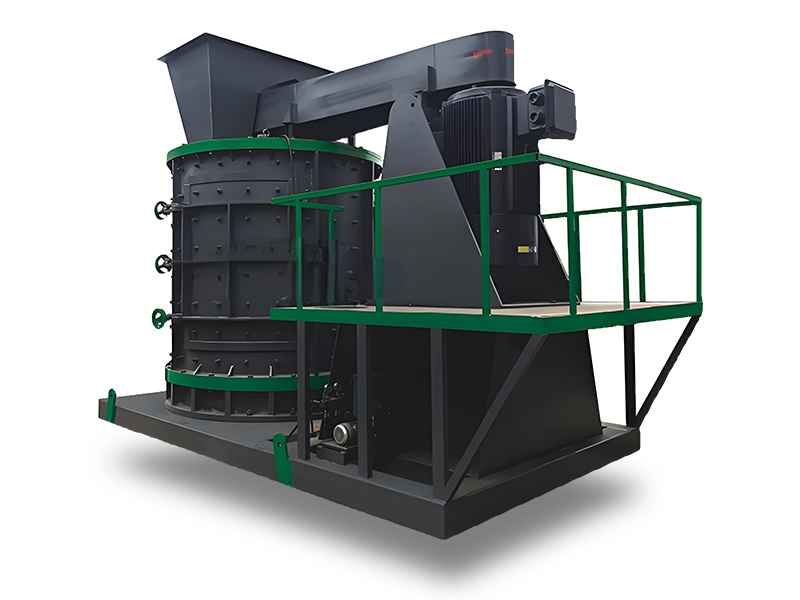
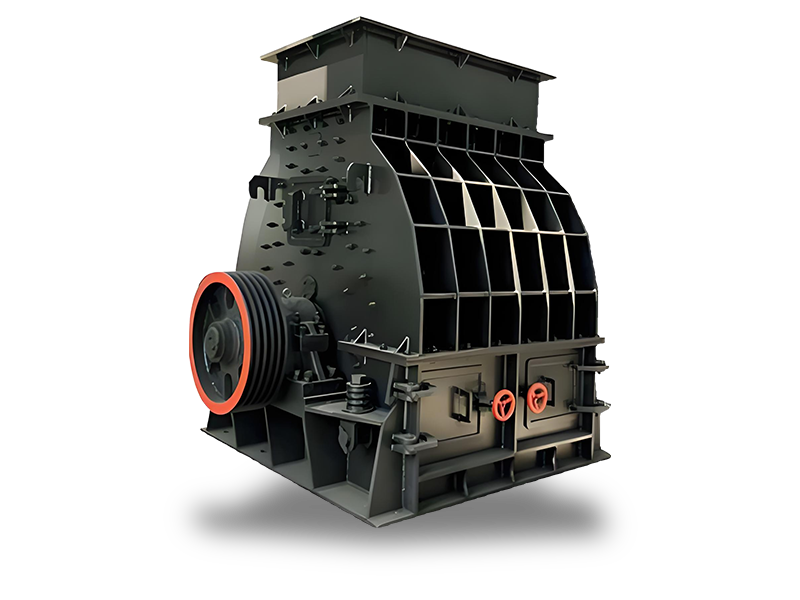
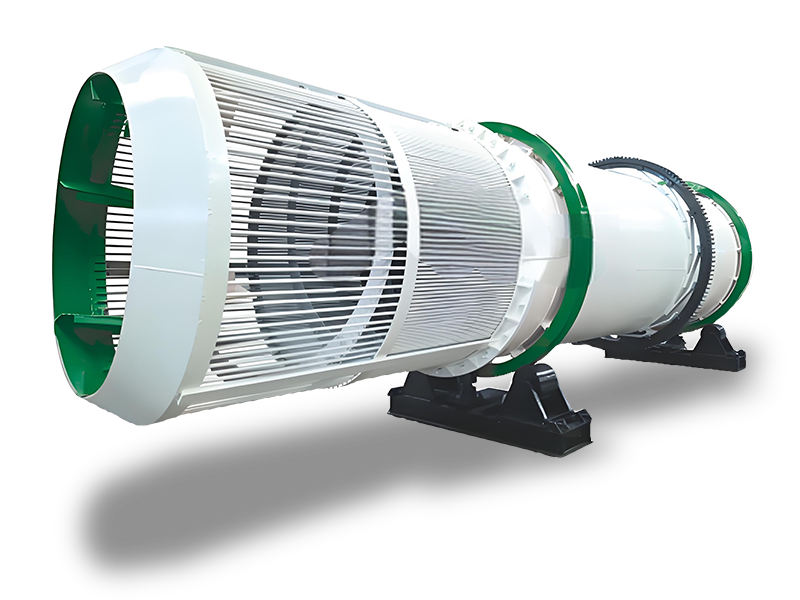
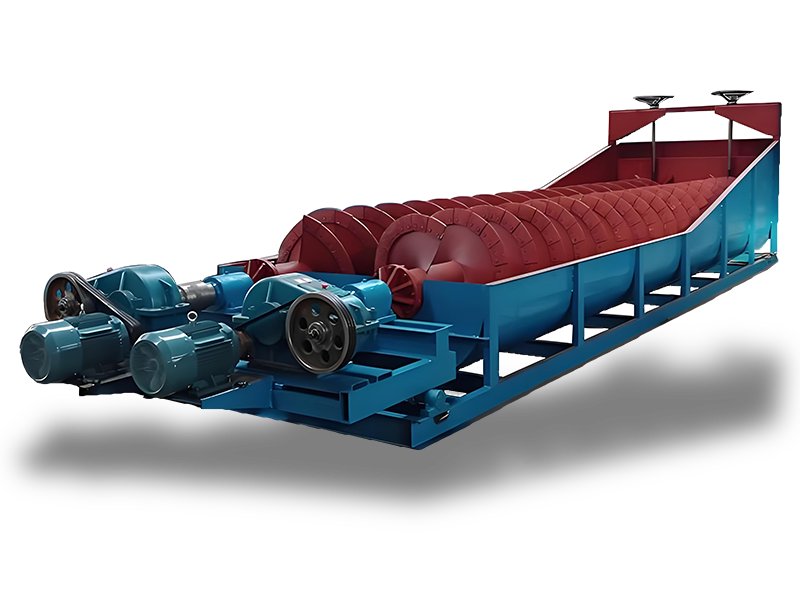
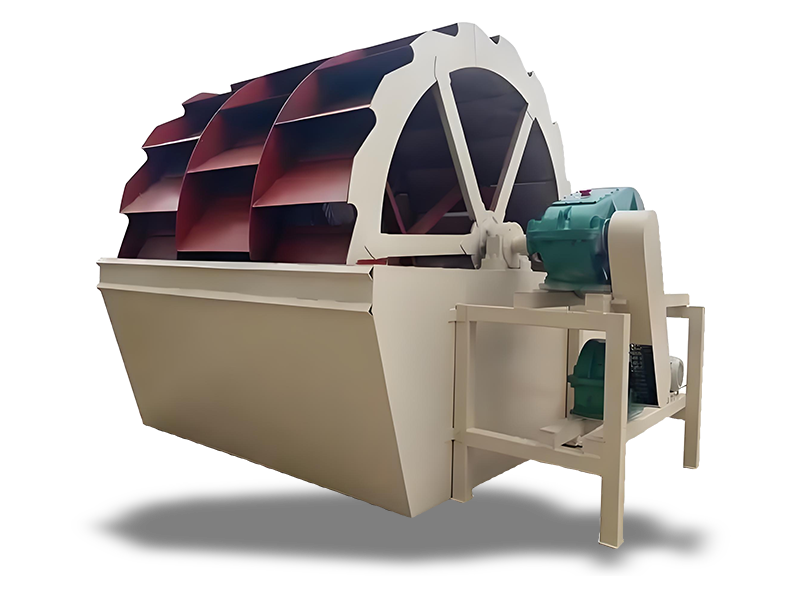
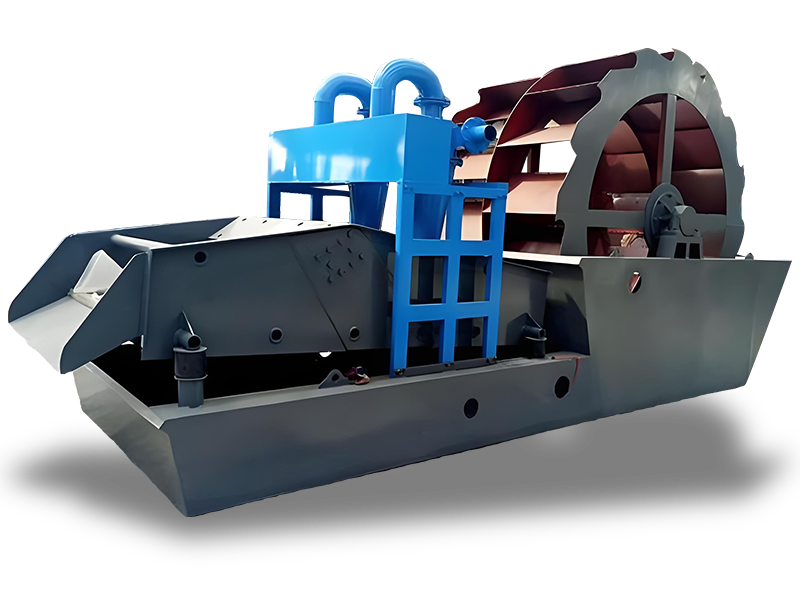
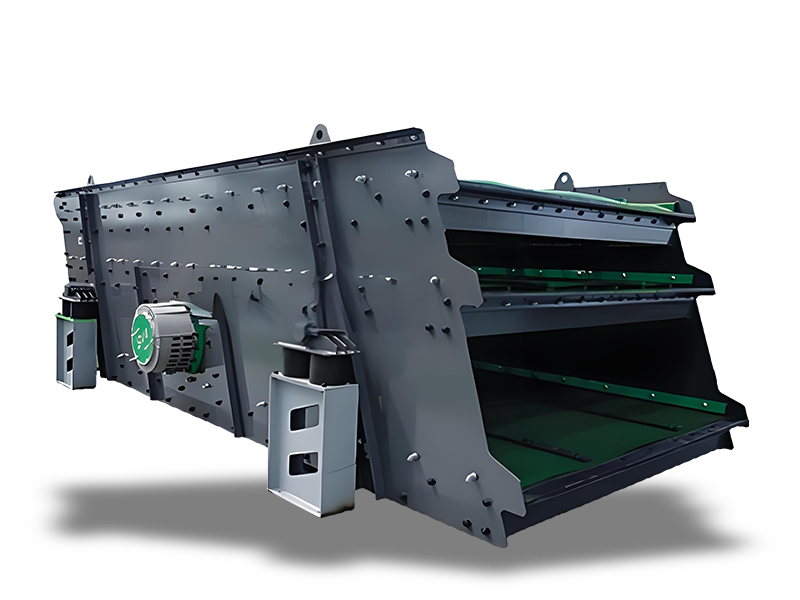
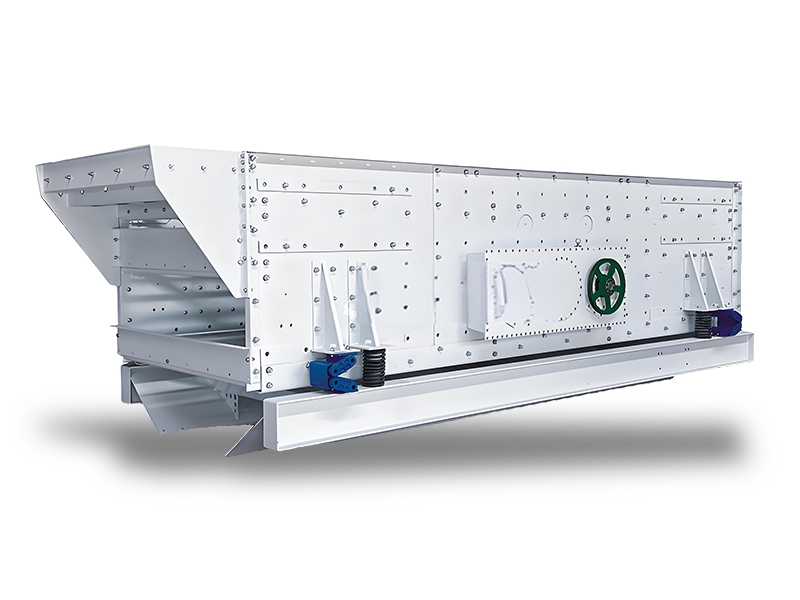
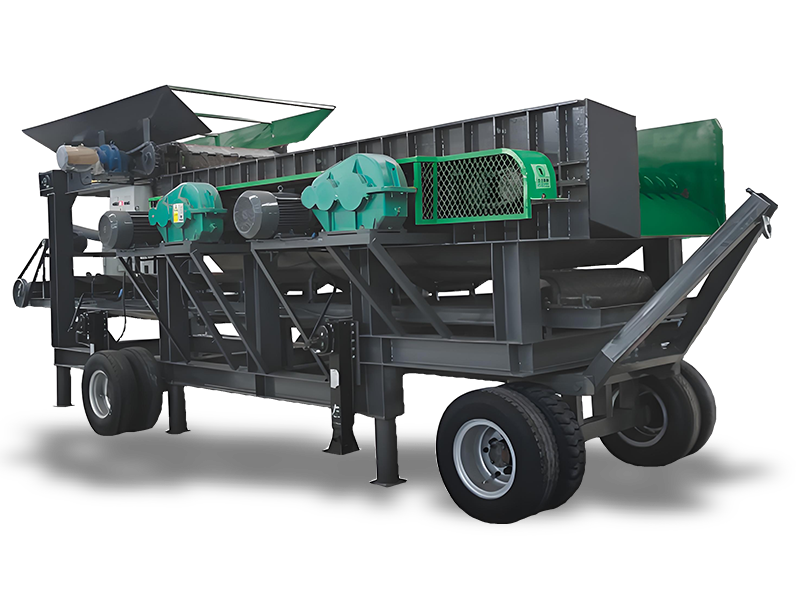
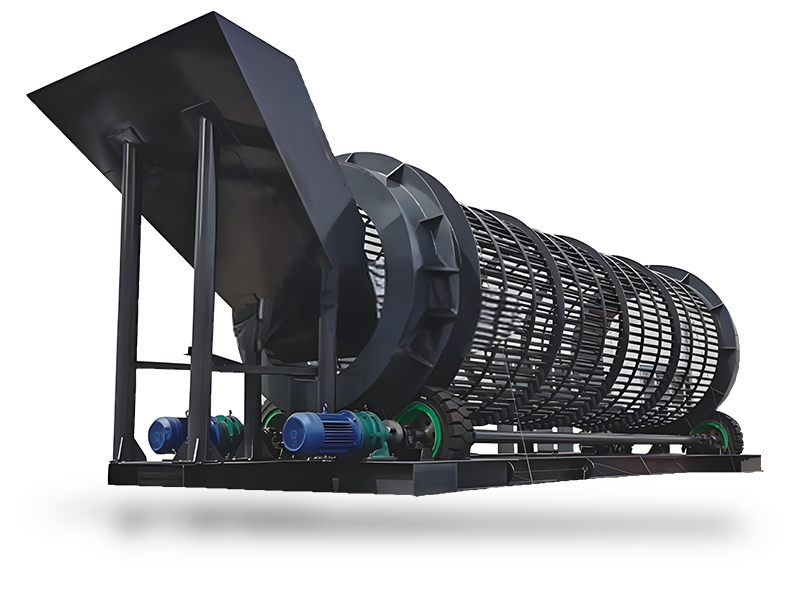
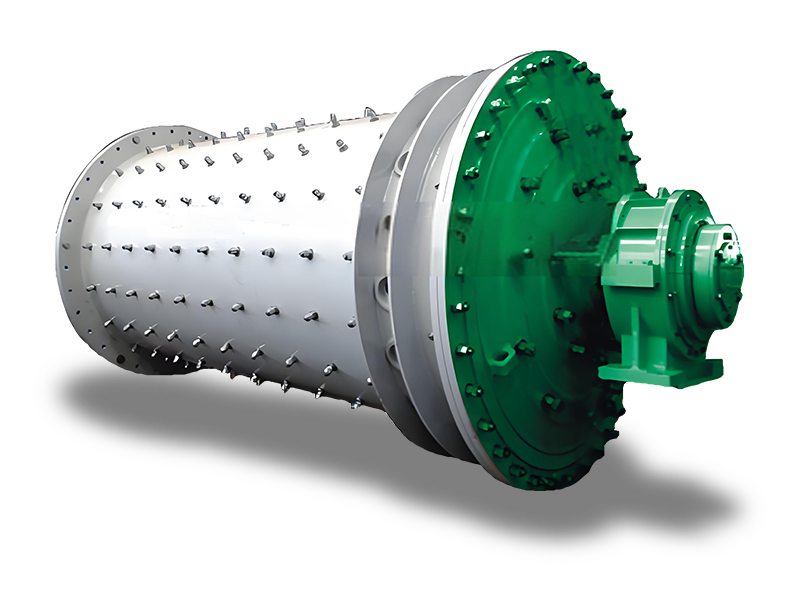
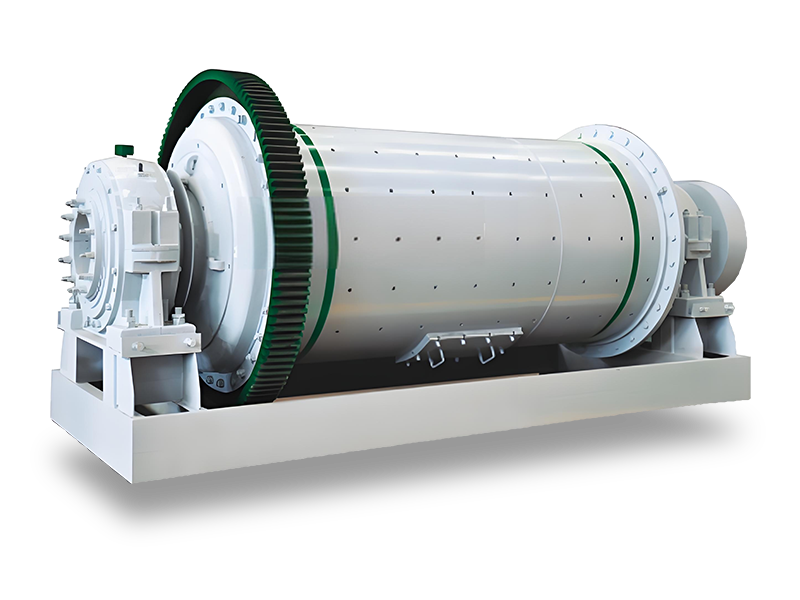
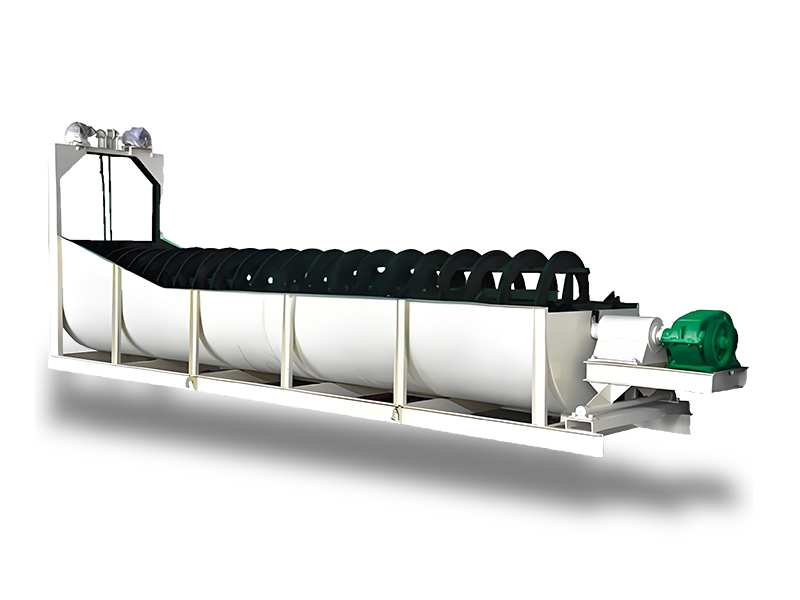
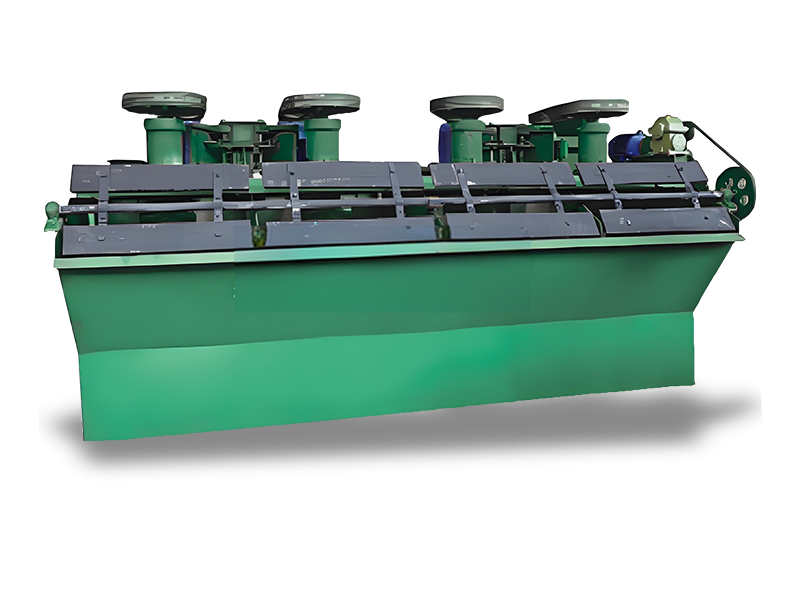

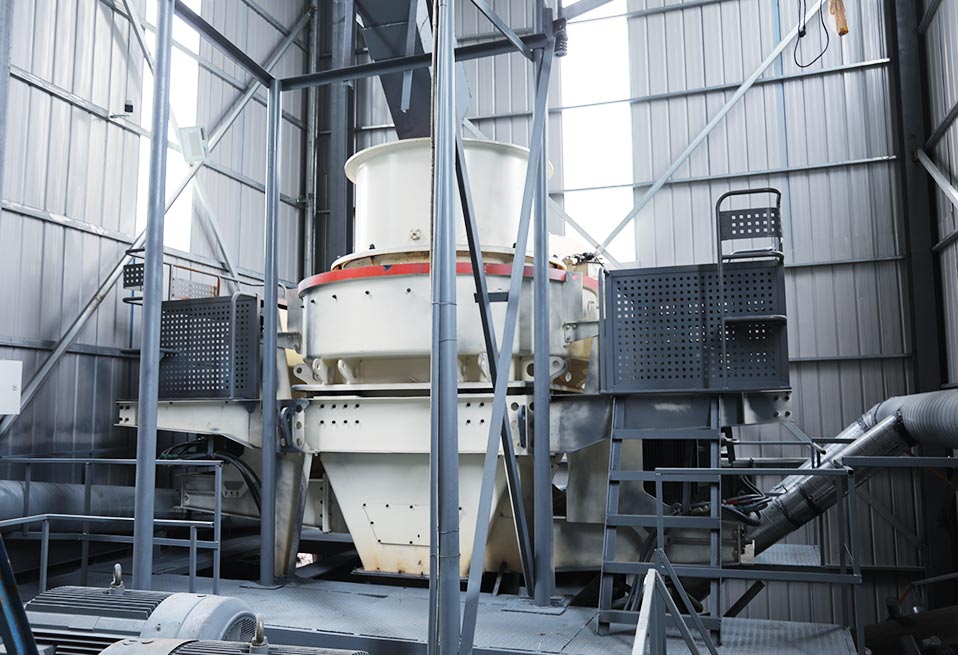

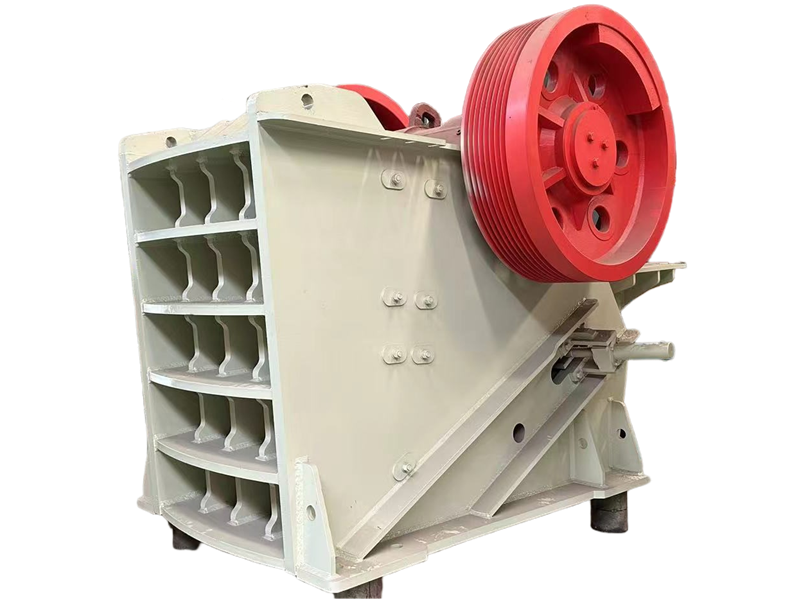



 +8615713843888
+8615713843888
 +8615713843888
+8615713843888